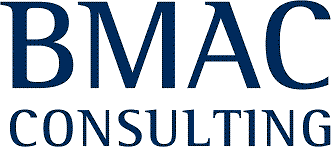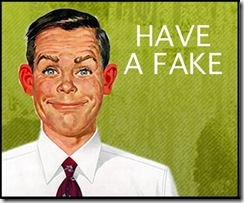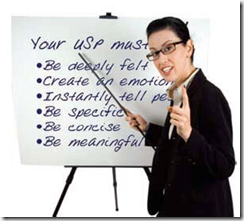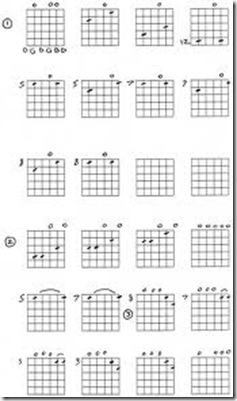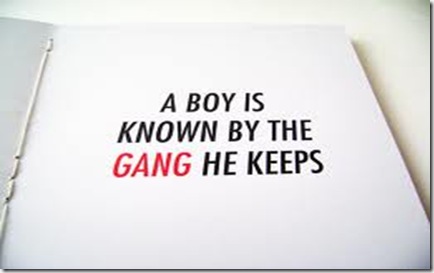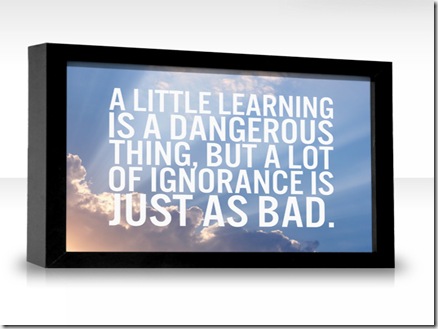Opening The Sale
is becoming a lost art.
During recent Sales Field Coaching
I have watched a few Rookies and some Veterans fumble the opening ball pretty badly.
We are in the Customer’s office;
the social pleasantries have been completed now it’s time to
OPEN THE SALE!
· “Right then, down to business!”
· “How’s business?”
Both are equally BAD,
even though one is a statement and the other a Question they BOTH immediately lose you control of the call.
You are now on the Customer’s Agenda (usually ill-prepared; as you had asked to meet them so they thought you were going to prepare an agenda.)
There are three evidence based techniques to OPEN THE SALE.
They are:
1. Initial Benefit Statement
2. Initial Problem Statement
3. Initial Value Statement
None of these are elevator pitches.
An elevator pitch is a general statement about
What your Capabilities are and How that may be of general interest to Suspects.
Keep Elevator pitches for chance meetings with strangers and elevator journeys.
Bob Apollo has written a useful guide to Elevator Pitches on this link
Do NOT use Elevator Pitches in face-to-face sales calls, they DON’T work!
1. Initial Benefit Statements,
take a LIKELY need and show how your capability can fulfil it.
“Many Commodity Traders need the LOWEST POSSIBLE LATENCY (time delay) to make their trades early. We offer the lowest Latency from the City of London to the Frankfurt Market.”
“Would this be of interest to you?”
(36 words) with TWO simple ideas: The need for Speed and our ability to deliver Speed.
The Client was a the Head of Trading in a German Investment Bank
2. Initial Problem Statements, take a LIKELY Problem and show
how a Capability we have is being used to overcome the Problem.
“Recently we are being asked by more and more Clients
to help them REDUCE STAFF TURNOVER, without increasing Payroll costs.”
“Could we show you how we would be able to help you do this?”
(34 words) with TWO simple ideas, lower staff turnover and no increased costs.
The Client was the Head of HR in a Call-Centre.
3. Initial Value Statement,
are clear statements of DELIVERED Value in similar situations.
“Typically our Inventory Management System increases stock turns in a business like yours from 6 to 7 or even 8 times a year. This has delivered a 13% up to a 25% stock cost saving.”
“Is this something you would Value?
(40 words) with TWO simple ideas Increased Stock Turns and Cost Savings.
The Client was the Head of Merchandising at a large store.
In all three cases we are INITIATING The Sale with an Idea,
that is LIKELY to be of interest to the Client,
and then we ask for the Client’s agreement to continue.
In the Research none of the three techniques worked ALL the time.
Each should work about 4 out of 5 times.
If they don’t work then review your CONTENT,
it may not be relevant to the Client or the Client doesn’t understand it!
The total words used should not exceed 40.
The Initial Statement should contain only TWO ideas, THEIR need and YOUR capability.
| OTS | First: | Then: | Finish |
| Initial Benefit Statement | NEED | BENEFIT | Question |
| Initial Problem Statement | PROBLEM | HELP | Question |
| Initial Value | CAPABILITY | RETURN | Question |
Proof Statements, if appropriate, can be used if less than 40 words from Client referrals, Testimonials, Editorials or Articles.
